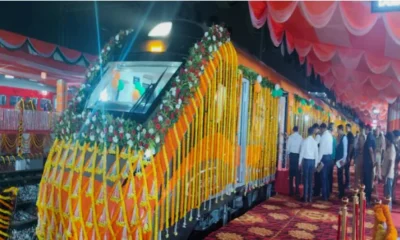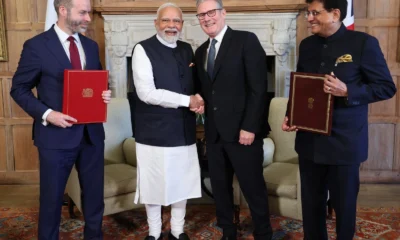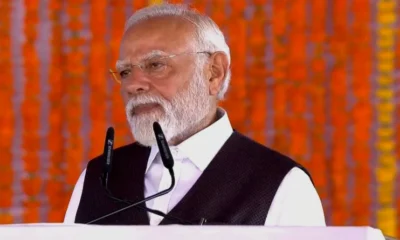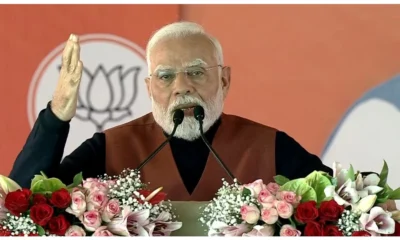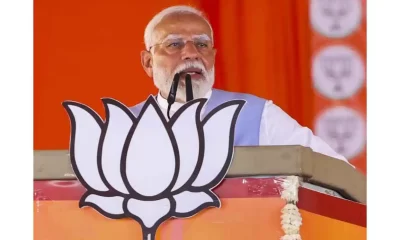India News
Prime Minister Narendra Modi flags off Vande Bharat express in Bengaluru | Watch
Aside from this, the Prime Minister is scheduled to inaugurate Kempegowda International Airport’s second terminal. After the build of the second terminal, it is reported the capacity has been doubled and now its per annum jumped ton 5-6 crore passengers.

India News
MK Stalin predicts frequent PM Modi visits to Tamil Nadu before assembly election
MK Stalin has said Prime Minister Narendra Modi will visit Tamil Nadu more often ahead of the Assembly election, calling the tours politically motivated and questioning the Centre’s support to the state.
India News
Shashi Tharoor questions Centre over Kerala name change to Keralam
Shashi Tharoor has criticised the Centre’s decision to approve renaming Kerala as Keralam, questioning its impact and pointing to the lack of major projects for the state.
India News
Tamil Nadu potboiler: Now, Sasikala to launch new party ahead of election
Sasikala has announced the launch of a new political party ahead of the Tamil Nadu Assembly elections, positioning herself against AIADMK chief Edappadi K Palaniswami.
-

 Cricket news24 hours ago
Cricket news24 hours agoRinku Singh returns home from T20 World Cup camp due to family emergency
-

 India News23 hours ago
India News23 hours agoTamil Nadu potboiler: Now, Sasikala to launch new party ahead of election
-

 Latest world news11 hours ago
Latest world news11 hours agoTrump says tariffs will replace income tax, criticises Supreme Court setback in key address
-

 Latest world news11 hours ago
Latest world news11 hours agoTrump repeats claim of averting India-Pakistan nuclear war during Operation Sindoor
-

 Latest world news10 hours ago
Latest world news10 hours agoPM Modi to begin two-day Israel visit, defence and trade in focus
-

 India News11 hours ago
India News11 hours agoShashi Tharoor questions Centre over Kerala name change to Keralam
-

 India News2 hours ago
India News2 hours agoMK Stalin predicts frequent PM Modi visits to Tamil Nadu before assembly election
-

 Latest world news1 hour ago
Latest world news1 hour agoIndia eyes Rs 8,000 crore mid-air refuelling aircraft deal as PM Modi begins Israel visit

